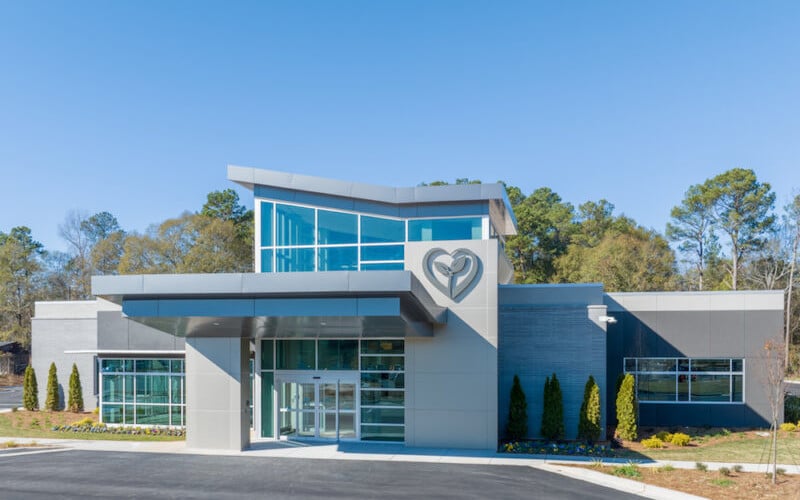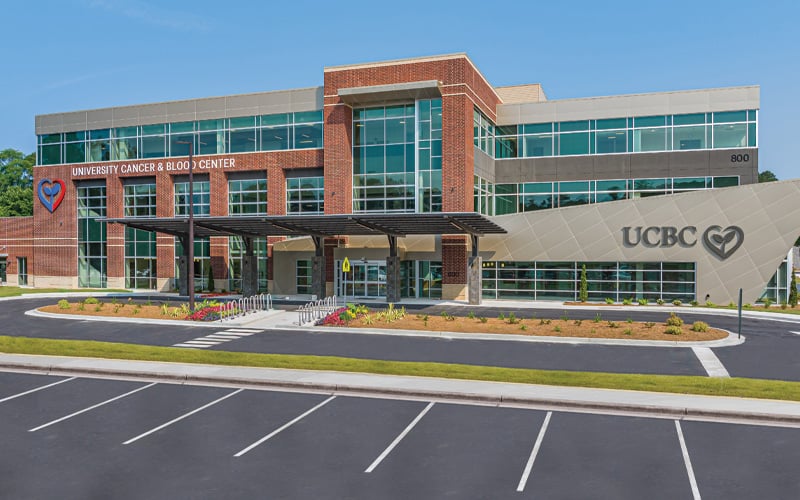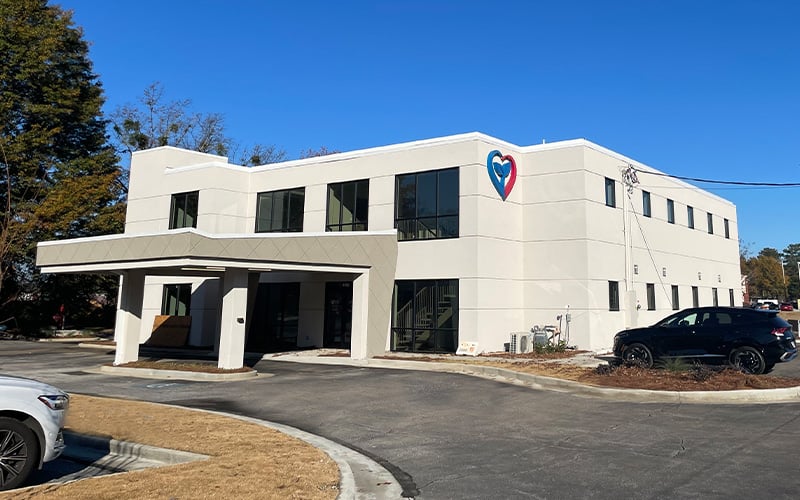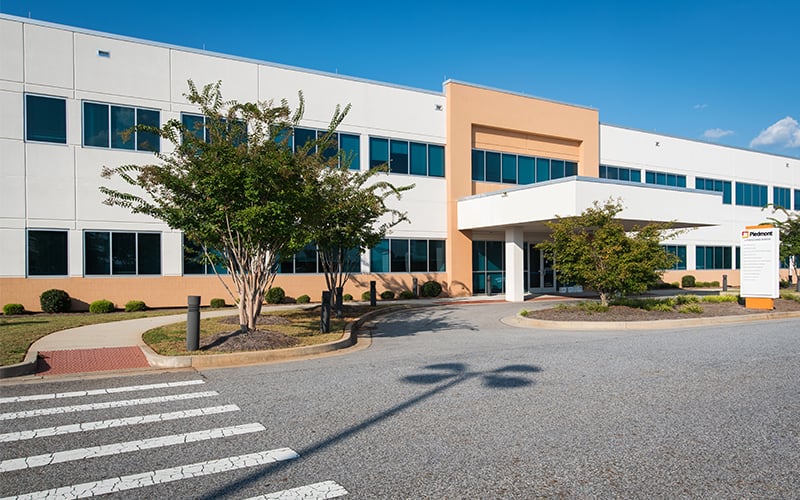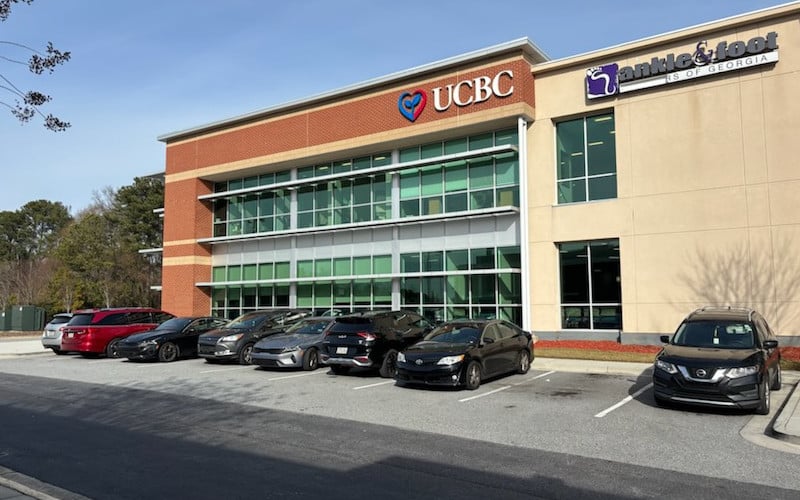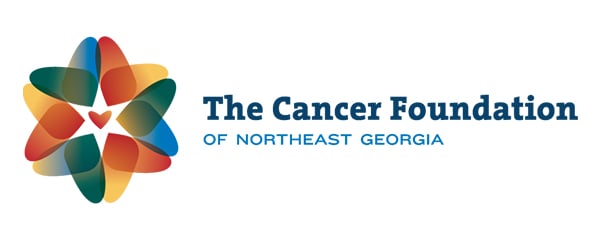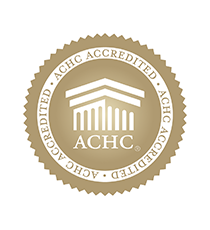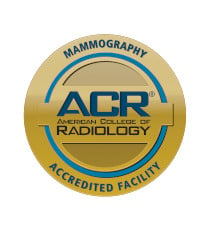Outside of skin cancer, breast cancer is the most common cancer in women. Roughly a third of new cancers diagnosed in women are breast cancer. While these numbers can be alarming, it’s also true that there are more survivors living cancer-free than ever before.
With that in mind, knowing what signs to look for, and attending to recommended screenings are important steps you can take to defend yourself against breast cancer. Here, we share some of the most common signs, possible risk factors, and what you should know about early detection.
Symptoms of Breast Cancer
Lumps in and around your breasts, including in your underarms, are the most common breast cancer symptom. These unusual, unchanging lumps are frequently detected during a breast self-exam. There are other signs to watch for, too — some of which can go overlooked. The CDC explains that other warning signs of breast cancer can include:
- Red, flaking, or otherwise irritated skin on the breast
- Swelling, thickening, or dimpling
- Nipple pain or new nipple inversion
- Discharge, other than breastmilk
- Changes to the breast’s shape or size
- Pain anywhere in the breast
It’s possible that these symptoms could also point to another, non-cancerous cause, such as a benign cyst. But, it’s always best to make an appointment with your doctor promptly if you discover any of these or other changes to your breast, in order to get a medical opinion.
Additionally, since not all breast cancers present outward signs during their early stages, you’ll also want to discuss a recommended mammogram screening schedule with your doctor.
Breast Cancer Risk Factors
Researchers are still studying precisely what leads to breast cancer in some people and not others. It’s possible to have several risk factors and never get breast cancer, or to be diagnosed despite being considered low-risk. What we do know is that there are certain hormonal, lifestyle, and genetic factors associated with a higher risk. As with most cancers, however, breast cancer is likely a result of many factors that interact together in complex ways.
Here are a few known risk factors for breast cancer:
- Being a woman, as most (though not all) cases are diagnosed in females
- Advancing age, since it’s typically diagnosed after 40
- Having certain genetic mutations, including BRCA1 or BRCA2
- Having dense breast tissue
- Receiving radiation to the face or neck early in life
- Having a family history of breast cancer
- Having a personal history of breast cancer
While you may not be able to change your inherent risk factors, there are preventive measures you can take to lower your risk, such as keeping a healthy weight, avoiding smoking, and drinking only in moderation.
The Importance of Early Detection
Breast cancer screenings have become increasingly sophisticated in recent years. Mammography got an upgrade in 2011 when the FDA first approved 3D mammograms, an advanced type of digital imaging that uses low-dose X rays to capture images of breast tissue in far greater detail than traditional 2D mammography. Other types of imaging, including breast ultrasounds and MRIs, can be used if there are areas of concern or risk factors your doctor wants to investigate more deeply.
These screenings are important, because they can often detect signs of breast cancer before noticeable symptoms even develop. Breast cancer that’s discovered early, when it’s small and before it has had a chance to spread to other parts of the body, is easier to treat successfully. The American College of Obstetricians and Gynecologists urges women to consider screenings by 40, since routine mammography decreases breast cancer mortality starting at that age. Once you reach 40, be sure to speak with your provider about breast cancer screenings if you haven’t already done so. Ask earlier if you suspect you may have certain risk factors.
If you or a loved one has been diagnosed with breast cancer, turn to the oncologists at UCBC. Our team treats many types of cancer using comprehensive, individualized approaches. To set up an appointment, contact us online or by calling (762) 356-4780.

